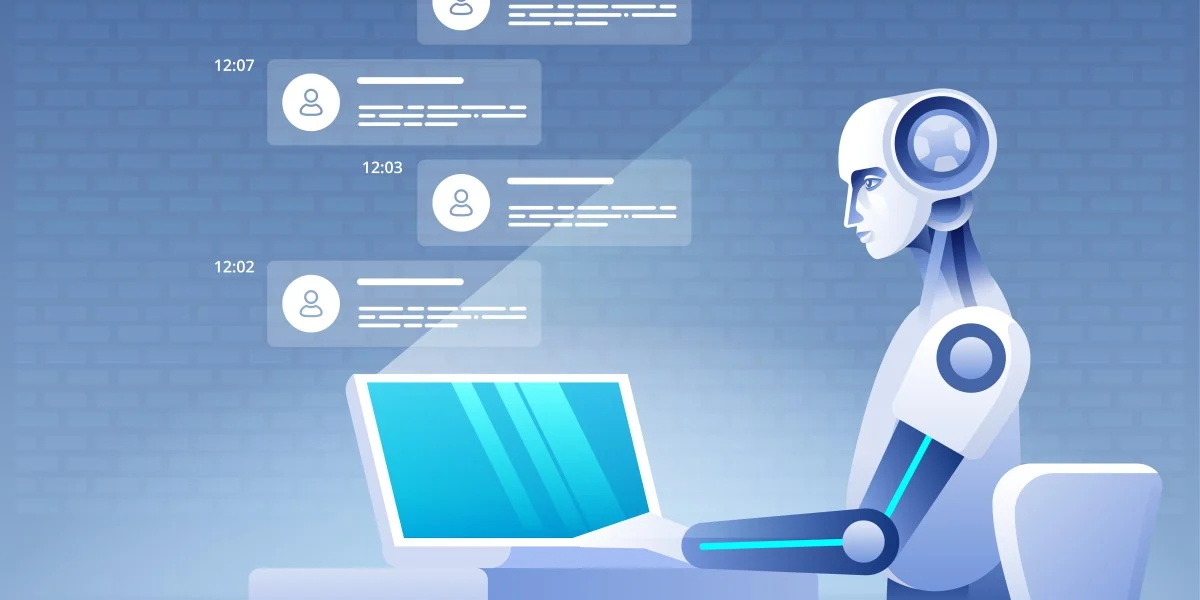7 malware protection measures every company must consider!
The aftermath of a security breach can be overwhelming for any business. Besides loss of profits and revenue, cyberattacks can impact the repute and credentials of a company, often beyond repair. No wonder, companies are willing to spend more on cybersecurity. One of the major concerns is related to backdoor attacks. A backdoor attack occurs when a hacker manages to use a security flaw of vulnerability of a system or device, to gain unauthorized access, typically relying on something like a malware. Malware remains the top threat for companies around the globe, and below are some effective means and ways to mitigate the risks.
- Change your default passwords. Companies are still not implementing this as seriously as they should. All default usernames and passwords must be changed immediately after deployment of devices and software programs.
- Create strong passwords. A strong password is hard to hack – period. Ensure that passwords are long, have special characters, numbers, uppercase and lowercase letters. If your employees are not using a password manager as yet, suggest one that’s safe and reliable.
- Focus on antimalware software. There are paid antimalware and antivirus software programs that can be installed for certain devices, computers and laptops. Also, ensure that all networked devices, including IP cameras, are placed behind firewalls.
- Use network segmentation. This is also known as a firebreak. Basically, you are dividing the network into subsegments and compromise or malware infection on one will not affect all other resources.
- Consider updating all software and firmware. Manufacturers and vendors release updated versions of their firmware and software from time to time, and these updates must be installed immediately. Ensure that every program, app, software, firmware is updated.
- Teach employees about phishing and shoddy emails. Emails are often a source of malware infection. Ask employees to keep a watch on what they access and they must have a keen eye on suspicious emails and links. Also, hire cybersecurity experts, if needed, to train employees on safe browsing.
- Hire ethical hackers. Just testing a system within the enterprise is sometimes not enough to find flaws. If you can engage a team of ethical hackers to find bugs and security issues, consider that option.
It is absolutely necessary to take malware protection on priority, and even the smaller steps can go a long way in preventing an attack or hacking attempt. If required, engage cybersecurity experts for understanding malware protection better.



